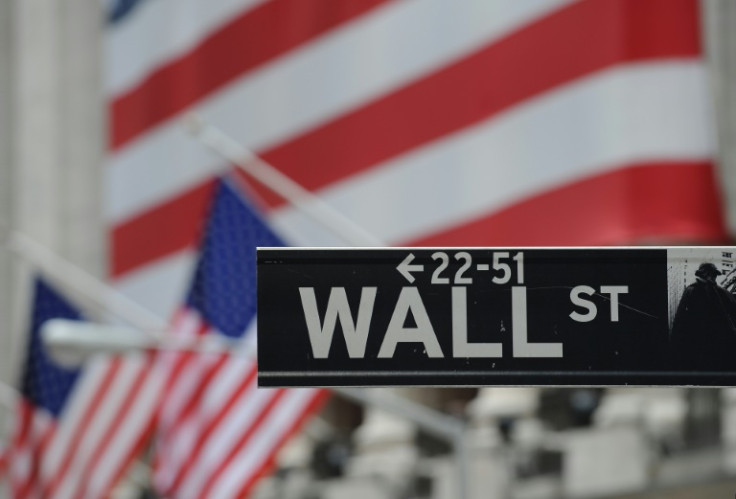
After getting the "blessings" of the SEC, Wall Street is turning Bitcoin into an asset, a store of wealth. It has launched a dozen Bitcoin ETFs, which allow investors to hold and trade Bitcoin with the same ease as other assets like stocks and bonds.
"The SEC's approval of a spot Bitcoin ETF renders the asset class an accredited financial product, making it far more accessible to the masses," Jesper Johansen, Founder and CEO of Northstake, said.
"Furthermore, trading Bitcoin extends into derivative markets, giving rise to more ETF and futures options. Investors looking to diversify their portfolios and improve their asymmetric returns through alternative assets will be encouraged to engage with and allocate considerable funds to digital assets," Johansen added.
But Wall Street has yet to explain Bitcoin's intrinsic value and why it belongs in the portfolios of common investors.
Valuing different investment instruments and explaining why they belong to investment portfolios has been at the core of security analysis since Professors Benjamin Graham and David Dodd introduced it at Columbia University in the 1930s. They argued that security instruments have two values: one determined by Mr. Market — to use their allegory — and another determined by their intrinsic value.
Mr. Market's valuation of investment instruments reflects the demand and supply conditions for these investments during trading sessions. These conditions can change from one moment to the other due to fundamental factors or simply investor sentiment swings. That's why Mr. Market's valuation of different assets is highly volatile.
The intrinsic valuation of investment instruments is based on the returns these investments accrue to their holders over time. Real estate investments, for instance, bring to their owners a flow of rental income over the holding period. Therefore, the intrinsic value of these investments is the discounted future cash flow of the net rental income. Likewise, the intrinsic value of equity investments is the discounted free cash flow they bring to shareholders.
While the two valuations may yield different results in the short term due to positive or adverse investor sentiment, they tend to converge in the long term, according to the Mean Reversion Theory. Thus, estimates of intrinsic value provide investors with a " margin of error," the difference between the intrinsic value of an equity (or other investment instrument) and its market price.
That isn't the case with Bitcoin, as it has no intrinsic value. As a result, Bitcoin investors are left on the whim of markets, swinging between fear of missing out (FOMO) and losing out (FOLO), which takes these investors into a wild ride.
"There is no demonstrated use case for Bitcoin or other cryptocurrencies," Robert R. Johnson, professor at Heider College of Business at Creighton University, said, adding, "Crypto speculators benefit when crypto is referred to as an asset class. When the prices of Bitcoin and other cryptocurrencies are presented alongside stocks, bonds, and commodities, they give the illusion of legitimacy. Bitcoin seems to be a solution in search of a problem."
David Waugh, a lead analyst at Coinbits, a Bitcoin investment platform, admits that Bitcoin doesn't have any intrinsic value based on the conventional meaning of the concept. However, its value is solely due to its global monetary capabilities.
"This lack of intrinsic value is not a strike against Bitcoin, although it does make it harder for many to understand," he stated. "Instead, it highlights the significant transformation Bitcoin represents."
"Bitcoin has introduced a form of money characterized by scarcity, security, and decentralization – its value emerges from these monetary qualities," Waugh continued. "It operates as a secure, decentralized payment network, immune to the whims of political and economic shifts, with a total supply capped at 21 million."
Still, Economics 101 teaches that a limited supply of something only makes it valuable if it is paired with a growing demand for it. While ETFs have fueled demand for holding Bitcoins, they don't provide them with the many other properties present in conventional currencies.
Michael Ashley Schulman, Partner, Chief Investment Officer Running Point Capital Advisors, doesn't see Bitcoin as a currency or a traditional commodity but rather as a collectible — closer to a Picasso or Beanie Baby; more akin to diamonds than to gold (both in terms of transportability and rarity).
"Its best attribute is also its largest detractor—that is, its value is completely faith-based," he stated.
(Disclosure: The author doesn't own any Bitcoin or Bitcoin ETFs)







